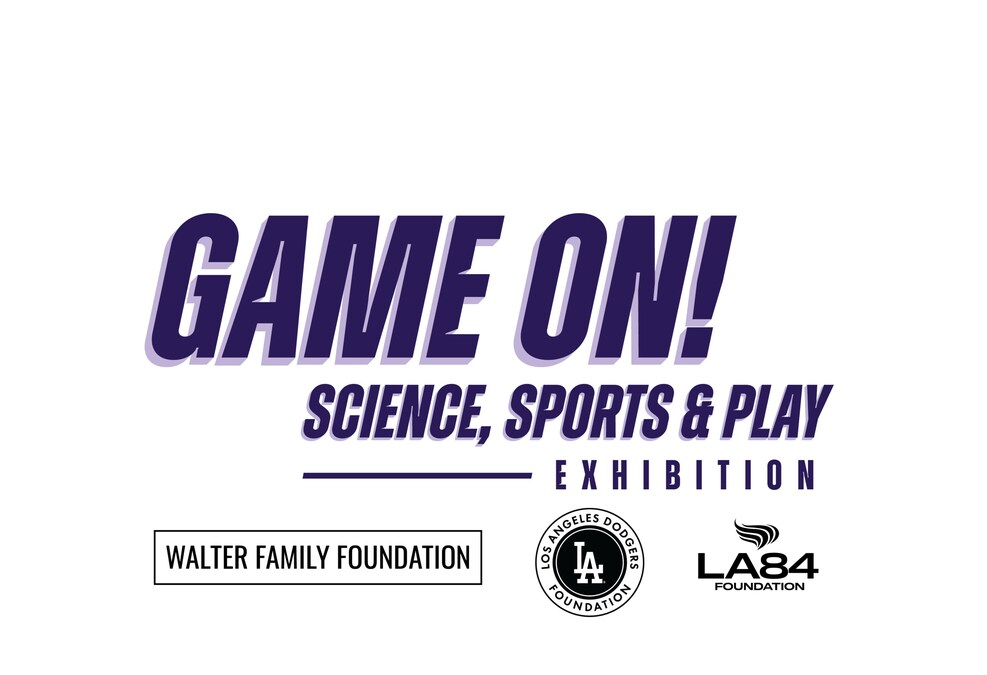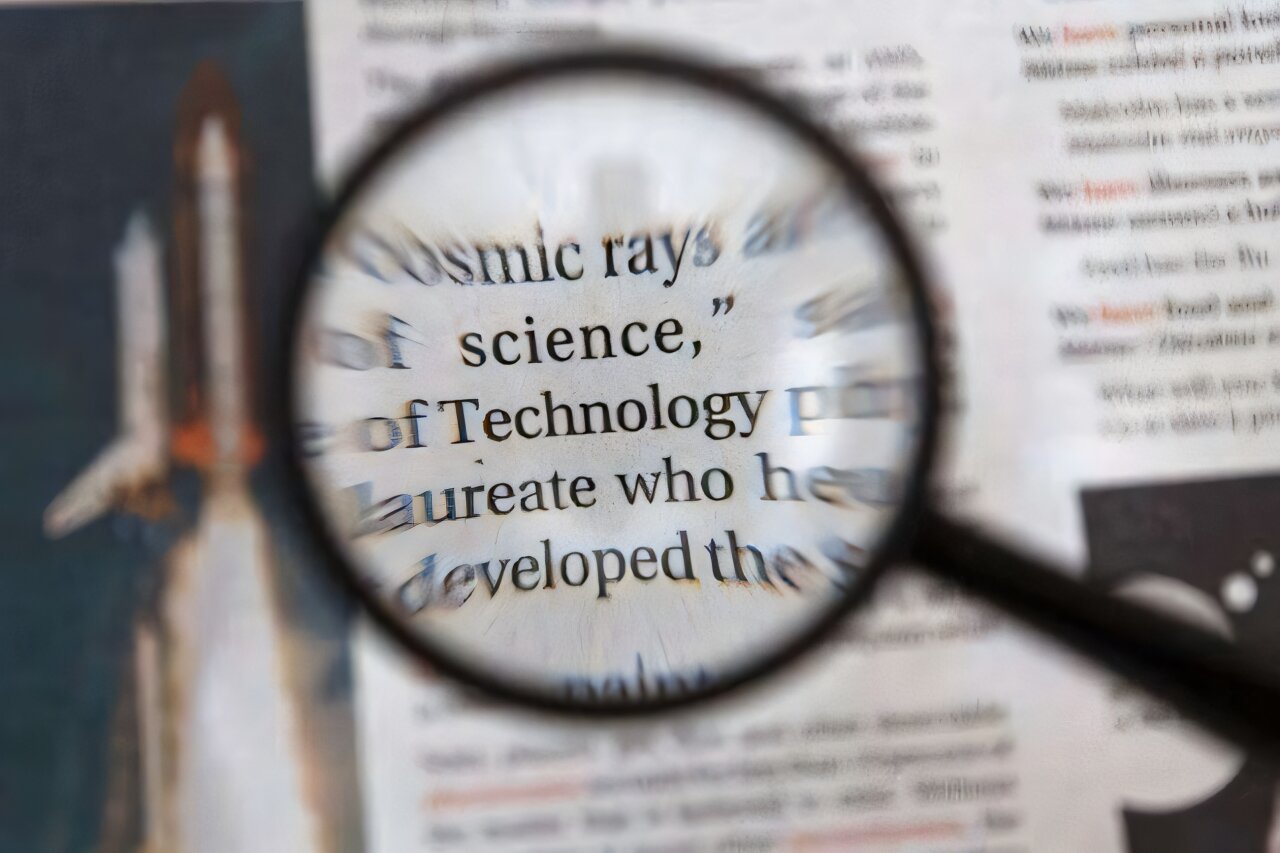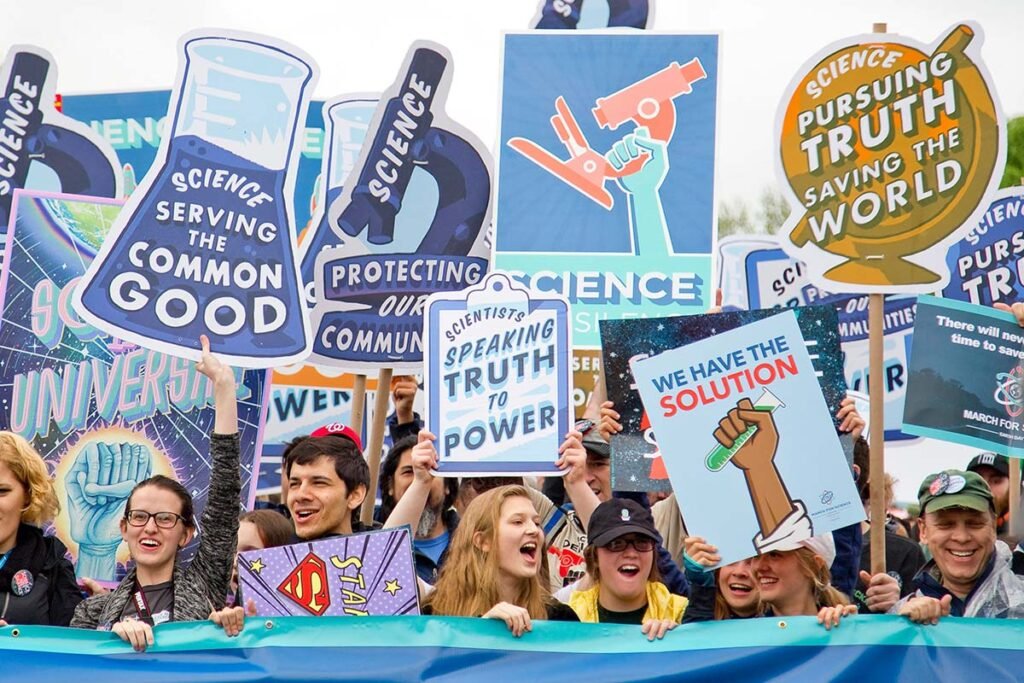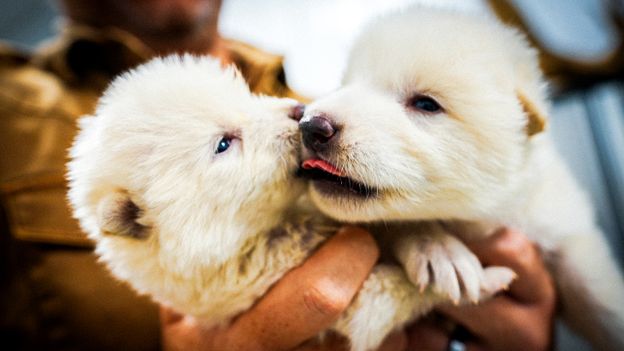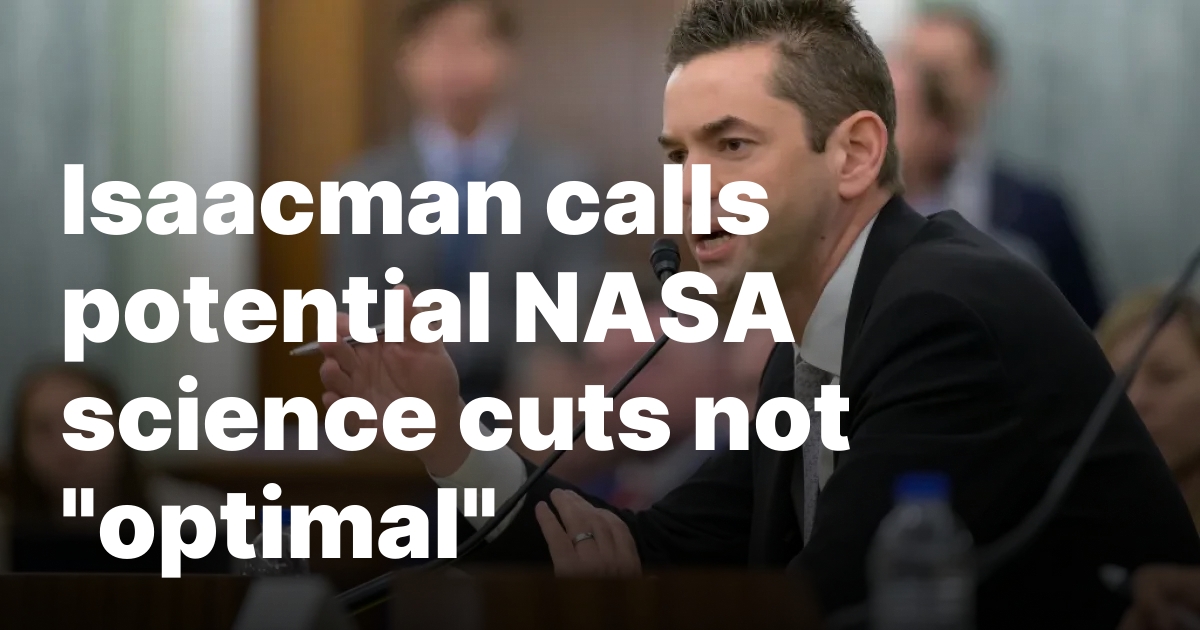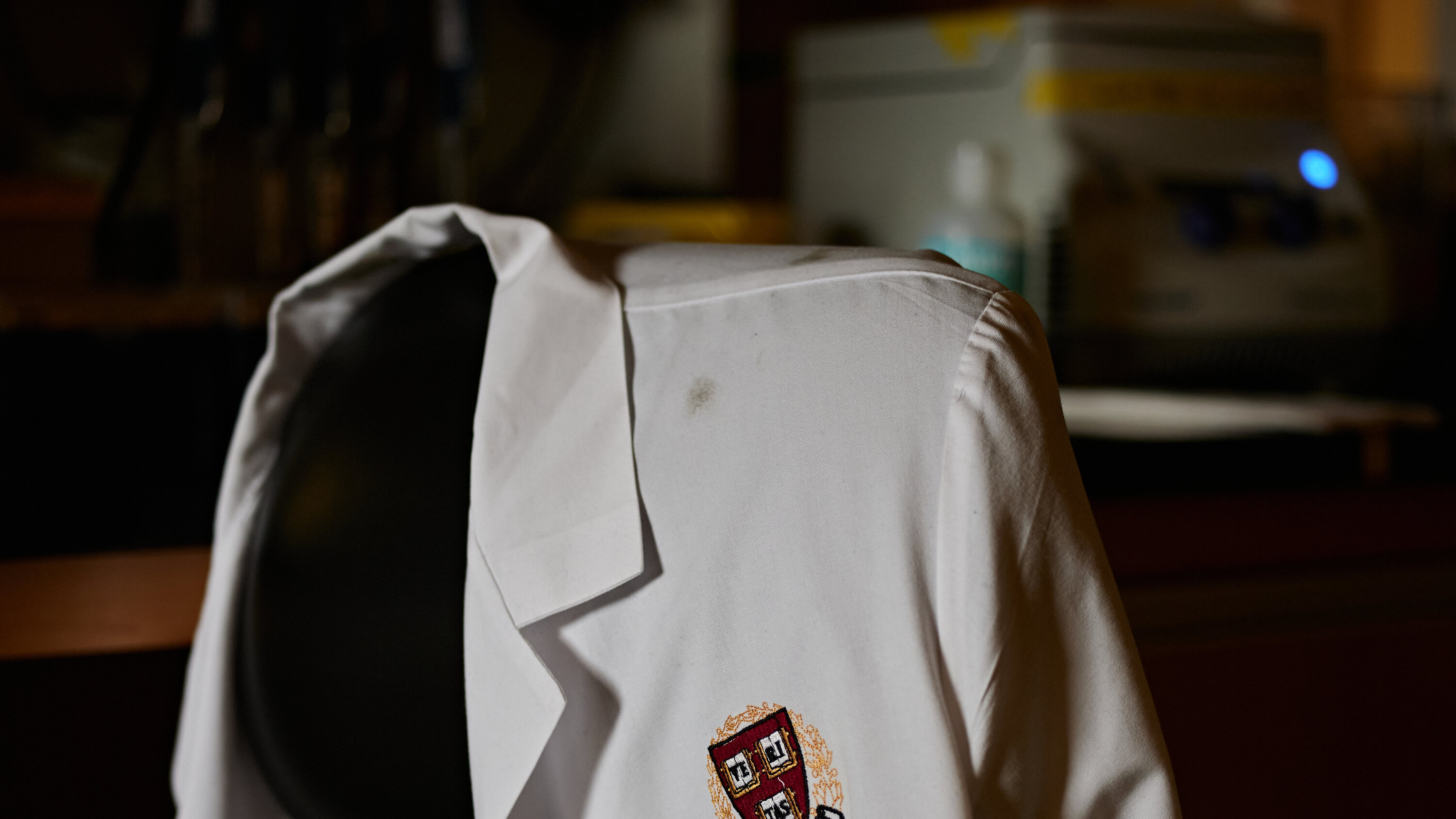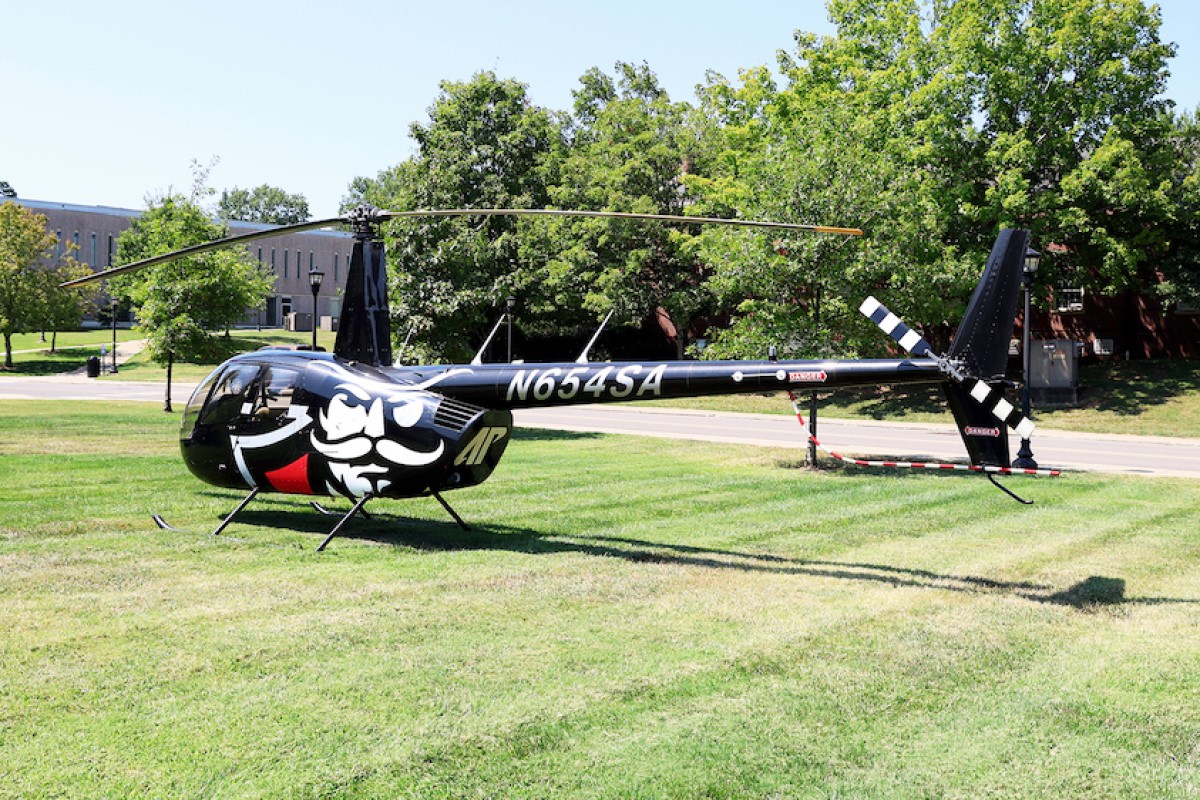
Defying Gravity: APSU's Rotor-Magic Promises to Spin Science on Its Head
Science enthusiasts and curious minds, mark your calendars! Austin Peay State University's College of STEM is set to conclude its exciting Science on Tap series with a captivating evening at Strawberry Alley Ale Works. Join fellow science lovers on Tuesday, May 6th, starting at 5:30 p.m. for an evening of fascinating discussions, innovative insights, and casual networking in a relaxed brewery setting. This final installment promises to be an unforgettable celebration of scientific exploration and community engagement.

